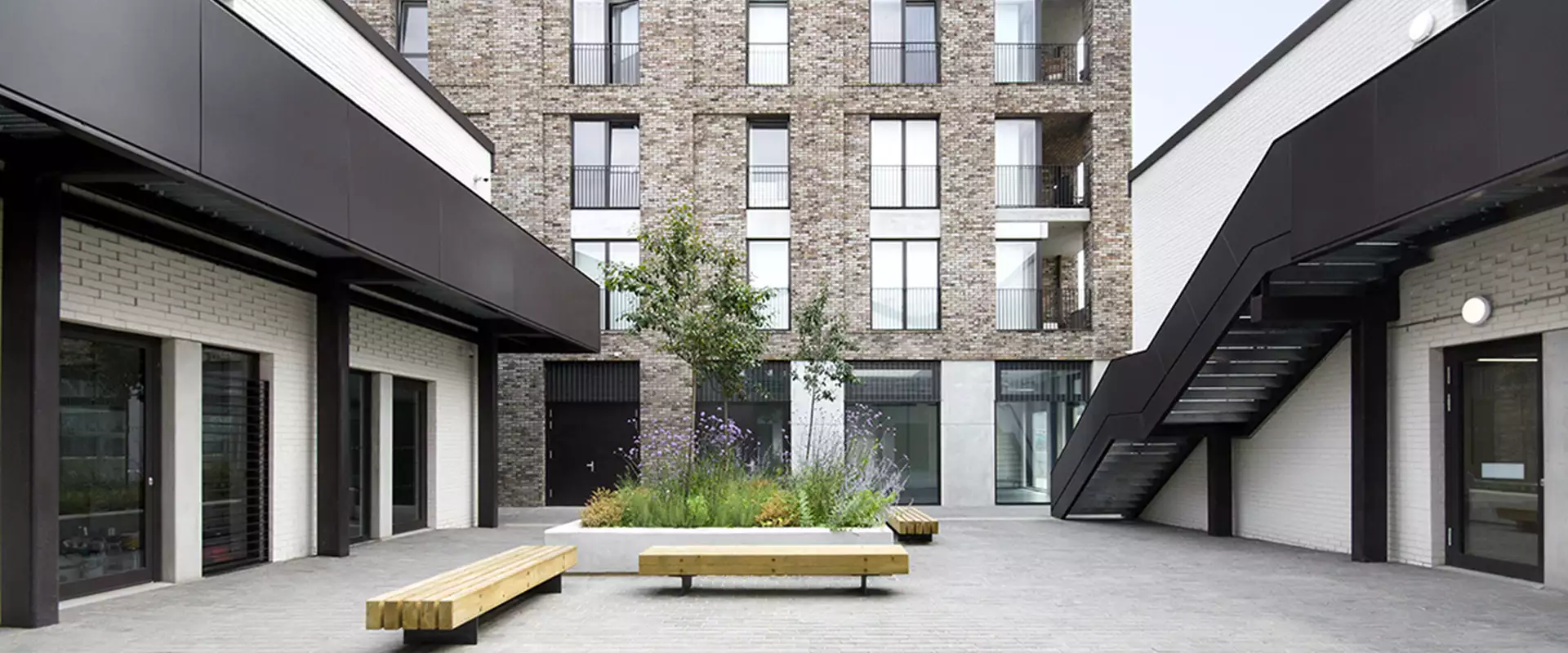
How to apply for green funding
The availability of green support and funding has grown rapidly over the last few years. There are now a wide range of initiatives available for start-ups and small businesses involved in eco-innovation, carbon reduction and energy-efficient projects. Applying for green funding can be a complicated process as many grants and loans have strict eligibility criteria.
Finding the right package
There are a huge range of green grants and loans available. Finding the right one involves searching in the right places. The majority of funds are awarded by:
- Local Authorities
- EU
- Government (through DEFRA and DECC)
Most packages are for projects in very specific areas such as renewable energy or improving access to environmentally-friendly transport.
Analyse eligibility criteria
Before applying for green funding you should study the eligibility criteria carefully. Grants are often more restrictive than loans, although both will often include terms that must be met in order for your application to be considered. For example, some EU grants require applications from consortiums made up of a minimum of two to three businesses. Other grants may require you to match the funding yourself, either from existing company assets or as a new investment. Reading the eligibility criteria carefully ensures you won’t waste time submitting an application that has no chance of being accepted.
Making a solid proposal
Most green grants or loans will require you to provide the following:
- Project overview – what your project is and how it fits in with the ideals of the awarding organisation
- Business model/plan – evidence of a cogent and sustainable business model that promotes eco-friendly ideals whilst remaining profitable
- Project timeline and costings – how long the project will take, its major milestones and the associated costs of each development stage
- Green benefits – the eco-benefits to local communities and the environment as a whole
- Senior team – information on your experience in the sector and that of your senior management team
These details will need to be provided in addition to any application forms required. Most grants and loans are approved or rejected without interview although there may be an additional stage that you’ll need to prepare for.
Getting rejected
If you are rejected, remember that green funding is extremely competitive. If you are allowed to reapply then do so, but consider reworking your proposal in order to appear more attractive. You may wish to consult a professional. If you’re not allowed to reapply, there are a significant number of green funding opportunities around so try another source. Consider partnering with other small businesses in your area and applying as a consortium; the EU in particular awards substantial financial help to consortiums.